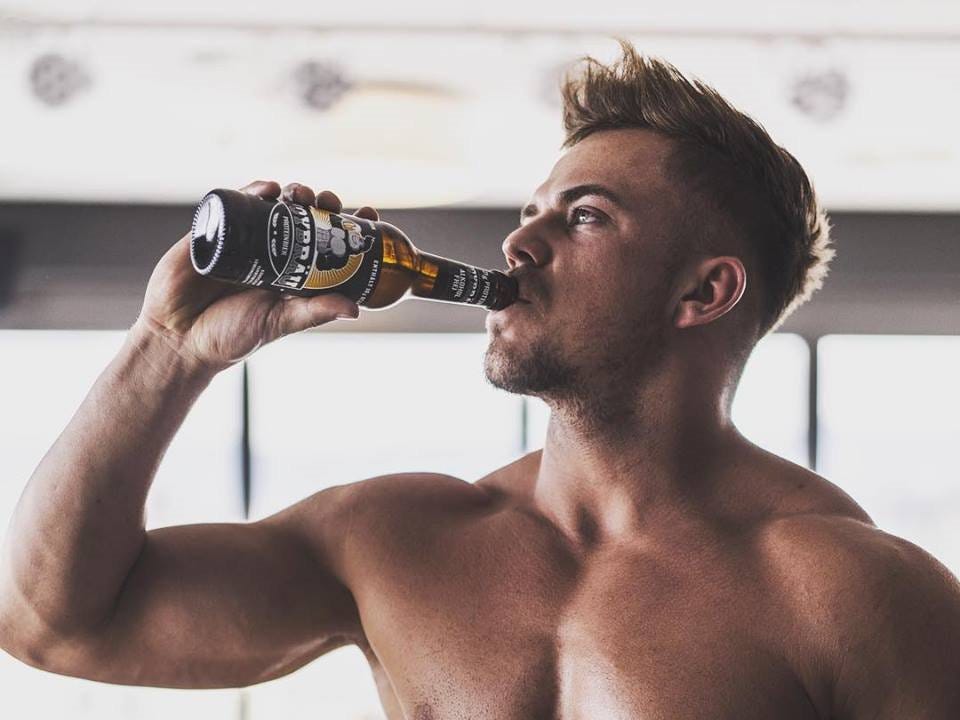With over 90 million Americans consuming it, beer is among the top three most consumed beverages together with tea and water. Some people also promote it as the perfect post-workout drink, although it can be slightly dehydrating. That will make you wonder whether it’s as helpful as other post-workout beverages like protein shakes, electrolyte drinks, and water. In this article, we discuss whether a beer is ideal for athletes and people who exercise casually.
Possible Benefits of Drinking Beer and Exercising/ Working Out
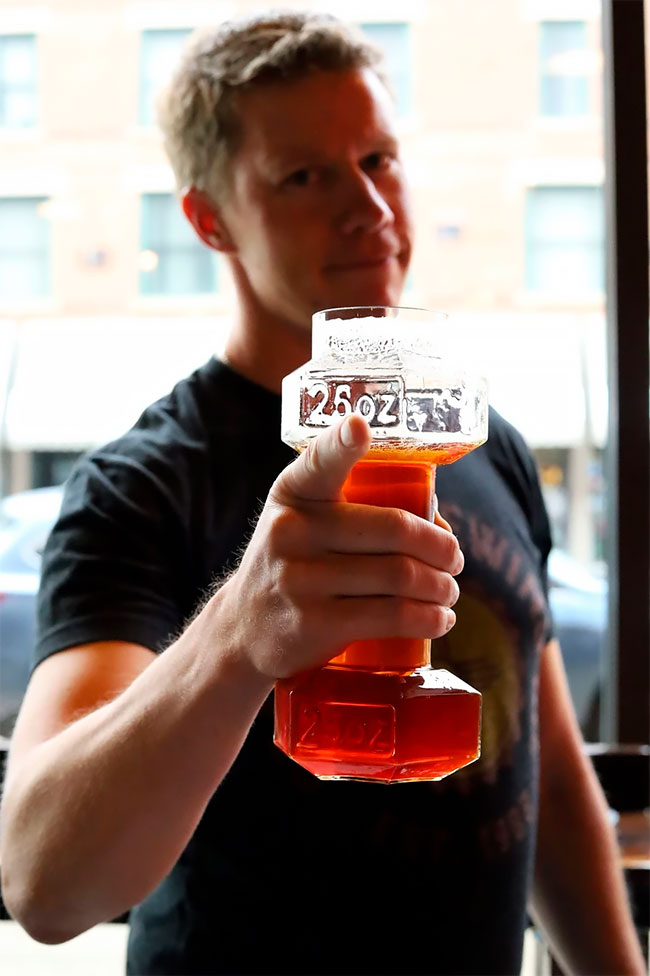
Although drinking beer can calm your nerves down when playing games in the best Aussie online casinos, it isn’t an ideal sports drink. However, beer has a few properties that may help your body after exercising. Nonetheless, there’s no conclusive evidence showing that drinking beer after exercising is beneficial.
Some of the benefits may include:
An acceptable source of carbs
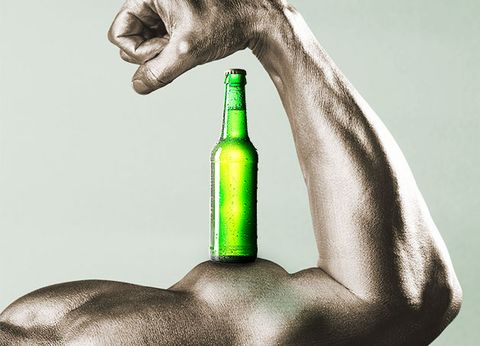
Beer is typically made from grains, water, yeast, and hops. That makes it a moderate source of carbs as the average beer contains 10-15 grams. The carbs might help your recovery, as your body uses the stored form of carbs known as glycogen when exercising.
The amount of glycogen depleted when exercising greatly depends on the workout. For instance, aerobic exercises like cycling or steady running tend to use glycogen at a higher degree than lifting weights and short sprinting intervals.
Since consuming carbs after a workout helps to replenish your energy stores, drinking beer can be a decent post-workout option occasionally. However, drinking full-strength beers might not offer any post-workout benefits as opposed to sports drinks.
Some Beers Contain Essential Electrolytes
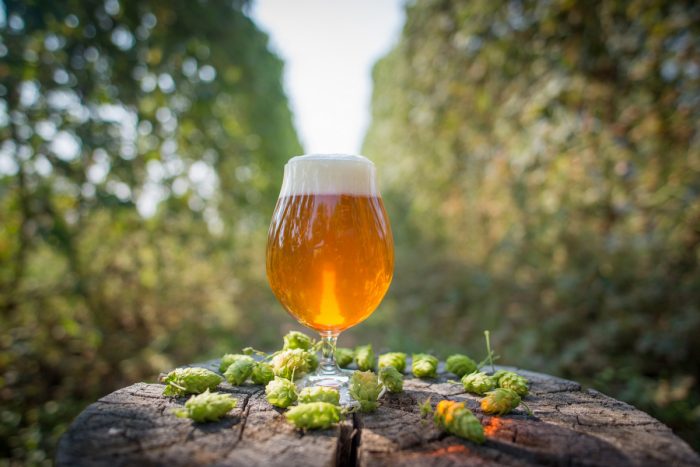
Whether you’re performing moderate or high-intensity exercises, you’ll lose electrolytes when you sweat. Electrolytes are essential minerals like potassium, sodium, calcium, and magnesium, which contain an electrical charge. These minerals have various important functions in your body such as balancing your water levels, facilitating nerve transmission, and maintaining proper PH balance.
Traditional sports drinks offer these essential electrolytes, helping your body rehydrate after sporting activities or a workout. Recently, electrolyte beers have spiked in popularity for offering the same benefits. These brews have additional electrolytes like potassium, magnesium, and sodium, making them decent post-workout beverages. However, excessive drinking might affect your recovery process, which is why most electrolyte beers have a low alcohol percentage.
Beer Can Offer Some Antioxidants
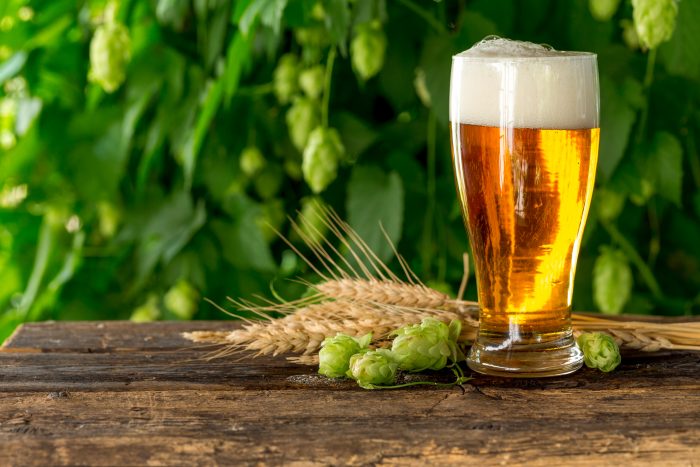
Beer has a decent amount of antioxidants as one of its major ingredients is hops, which naturally contains high antioxidant content. The antioxidants combat free radicals in your body when consumed, reducing the risk of getting chronic inflammation and other ailments.
Beer is specifically high in polyphenols, antioxidants found in different fruits and vegetables. These chemical compounds are why drinking beer moderately is associated with the reduction of cancer risk and improved heart health. However, excessive drinking of beer and other alcoholic beverages nullifies these benefits and heightened your risk of disease. That means moderation is key.
Why Drinking Beer Might Be Bad For People in Sports
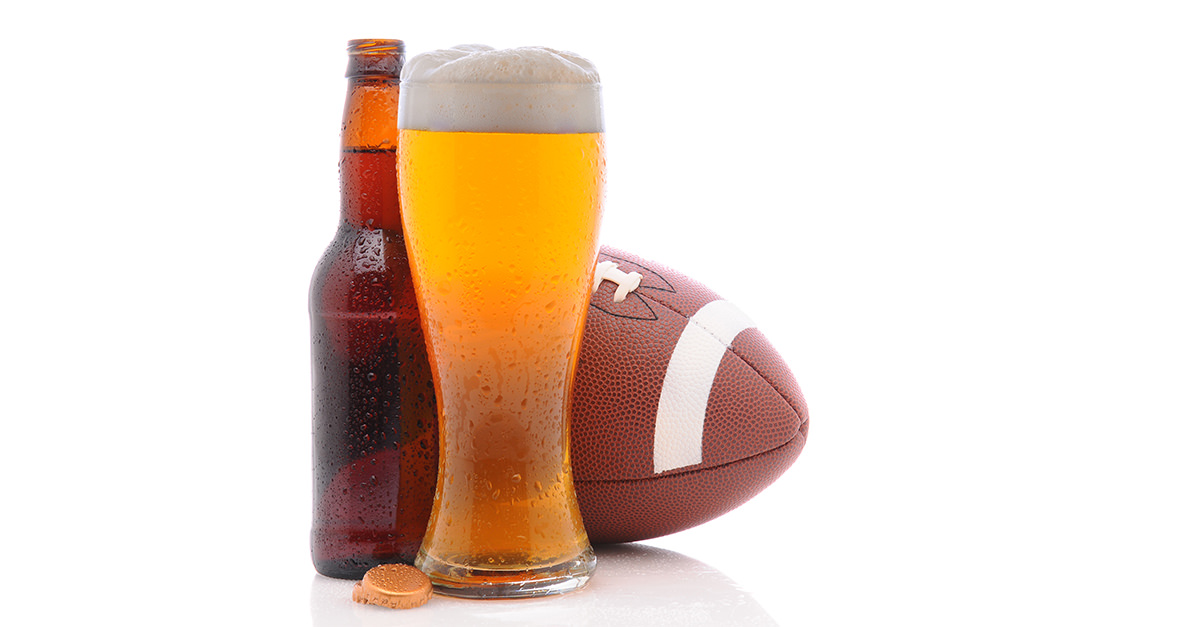
While drinking beer after a sporting activity has several potential benefits, there are significant downsides that may overweigh them. Additionally, regular intake of alcohol can be addictive, so it’s important to limit your consumption. These downsides include:
Beer Can Dehydrate Your Body
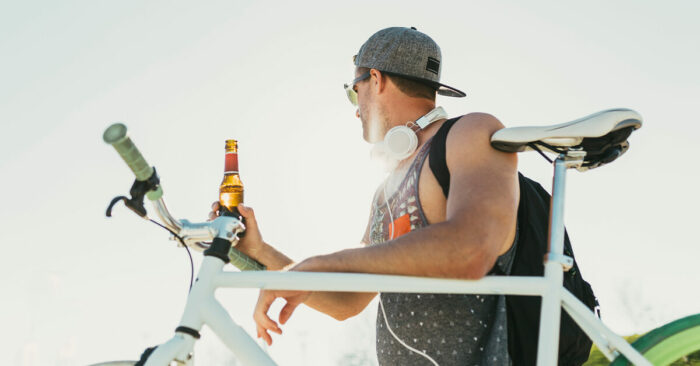
Hydration is crucial to exercise and sports performance. However, even moderate alcohol consumption can cause mild dehydrating effects. That’s because of its diuretic properties that cause an increase in urine production after consumption. However, drinks with low alcohol concentrations like light beers don’t significantly dehydrate your body.
Slows Protein Synthesis
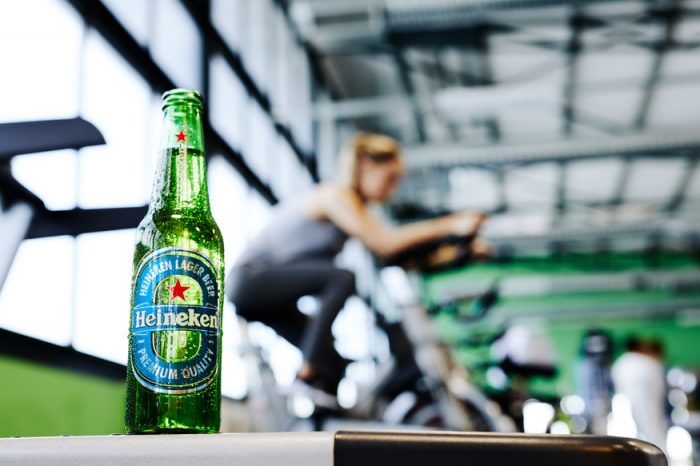
To recover from exercise-induced stress in your muscles, the body stimulates protein synthesis. This complex process creates new proteins that strengthen and repair your muscles. However, studies suggest that alcohol consumption after a workout impairs muscle protein synthesis and delays your recovery time. That means it’s best for athletes to avoid large amounts of alcohol after an exercise.
Poor Muscle Growth

Healthy and strong muscles are quite important for most sports, including football, tennis, rugby, basketball, and others. However, beer can interrupt your sleeping patterns and growth hormones are released when we’re deep asleep. That means disrupted sleep from drinking beer may lead to slow muscle growth.
Slow Healing After an Injury
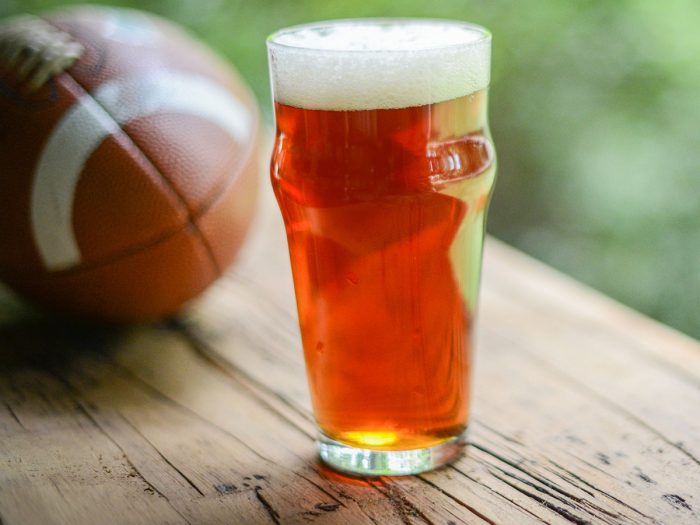
Alcoholic drinks like beer make the blood vessels to the arms, legs, and skin open up, resulting in an increase in blood supply. That makes your injuries swell and bleed more, slowing down your recovery process.
Beer Slows Down your Nerves
Excessive consumption of beer slows down the body nerves that transmit messages to various parts, giving you a relaxed feeling. The effect can take time to wear off and that results in slower coordination, accuracy, reactions, and balance during competitions and exercises.
Bottom Line
Despite the potential effects of drinking beer while participating in different sports activities, you can still enjoy a six-pack per week. However, excessive beer drinking can have serious health implications and affect your sports performance. The key is to drink beer moderately and eat foods high in calories combined with daily exercises.

